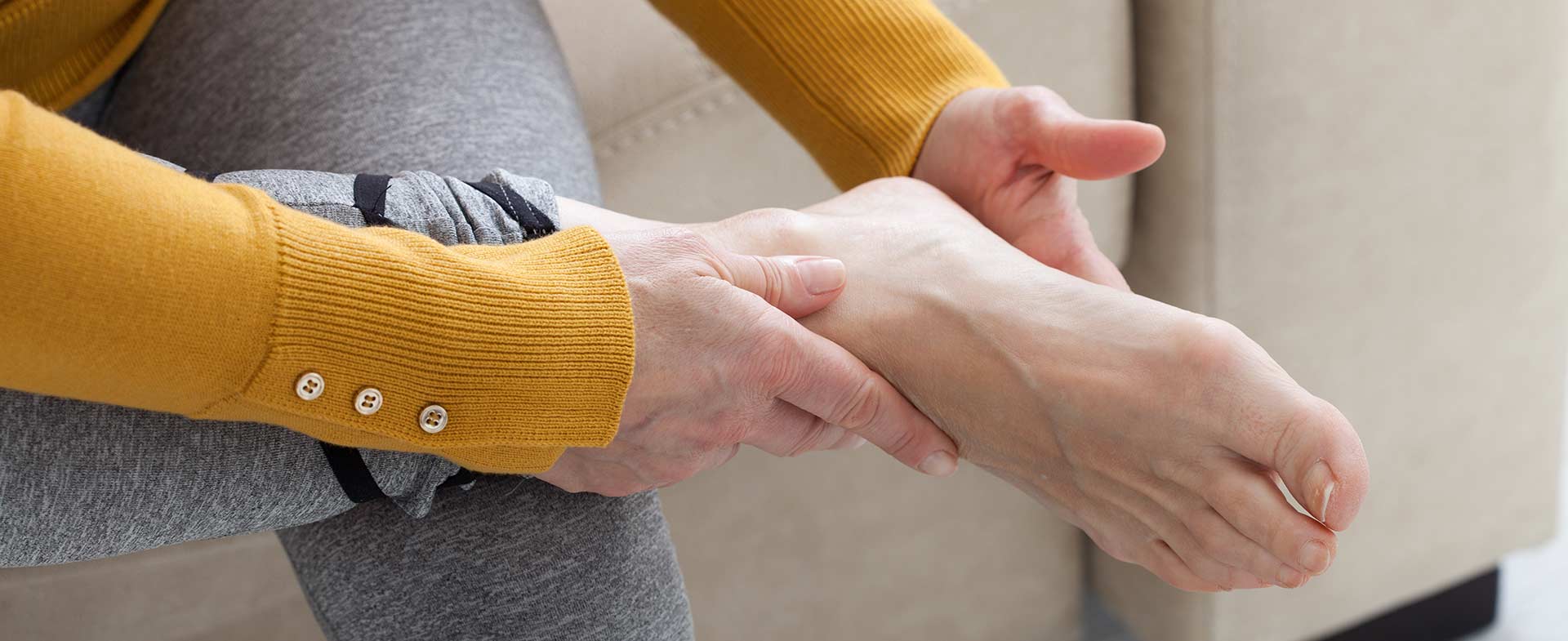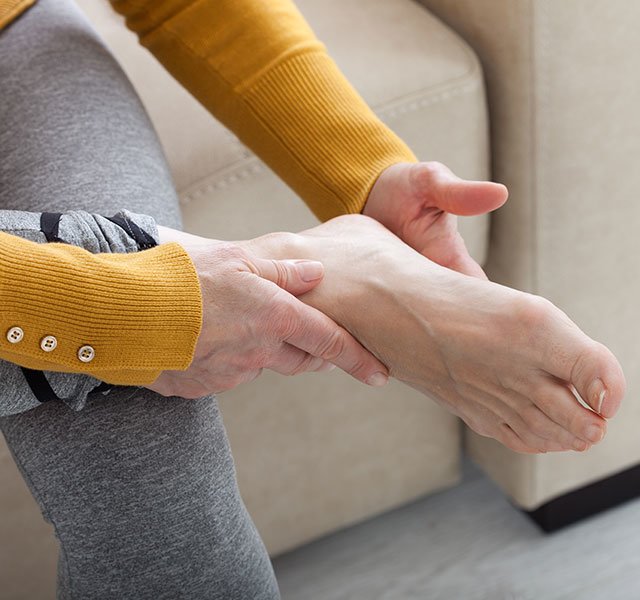Lymphedema can be a confusing condition. Most people think of lymphedema as swelling, and that's true, but it's also a chronic condition that requires ongoing management. It all starts with a hit to the lymphatic system, a vital part of the immune system.
"The lymphatic system circulates protein-rich fluid called lymph, collecting bacteria, viruses and waste products and ultimately draining them from the body," says Kari Busch, a board-certified clinical specialist in oncologic physical therapy at Henry Ford Health. "You can think of it as your body's filtration system. Lymphedema happens when there's a block in that system."
Lymphedema: Your Questions Answered
Since many people don't understand what lymphedema is, how it happens or how to treat it, we asked Busch to answer patients' most pressing questions about this common condition:
Q: What is lymphedema?
A: Lymphedema is swelling that happens when lymph builds up in the body. Lymph nodes act as a sort of drain for this fluid. If the lymph nodes are compromised, the fluid can't drain. The end result: Excess fluid collects in the tissues and your limbs, ankles or other affected areas feel swollen and uncomfortable.
There are two types of lymphedema:
- Primary: Primary lymphedema is caused by gene mutations that interfere with the development of the lymphatic system and inhibit its ability to drain fluid properly.
- Secondary: Secondary lymphedema has a variety of causes ranging from surgery and radiation (which can damage lymph nodes), to infections and inflammatory conditions. Other causes include injury, scarring, trauma and vascular insufficiency — all of which can impact the flow of lymph through the body.
Q: What steps can you take to prevent lymphedema?
A: Certain factors may make you more vulnerable to developing lymphedema. These include things like your weight, activity levels and how many lymph nodes have been damaged or removed. In every case, the following strategies can stimulate the lymphatic system and help you sidestep lymphedema and/or avoid long-term complications:
- Stay active
- Maintain a healthy weight
- Do some deep breathing
Q: What are the symptoms of lymphedema?
A: The symptoms of lymphedema can be vague. Among the most common:
- A feeling of heaviness in the limb — your coat may feel a little too tight on one side, or maybe you feel like you can't lift your arm or leg
- Snug jewelry — maybe your ring or watch is too tight, or a bracelet doesn't hang as loosely as it once did
- Restricted range of motion
- Hardening or thickening of the skin
- Aching or discomfort
Q: What are the best ways to manage lymphedema?
A: Lymphedema isn't a condition we can cure, but we can manage it effectively and minimize its impact on your quality of life. Recommended treatments include:
- Manual lymphatic drainage: When we do a lymphatic massage, it's like priming a pump. Special massage techniques help move fluid into the working lymph nodes where they can be drained.
- Compression: A lymphedema therapist may use compression stockings, sleeves and bandages to wrap muscles surrounding lymph vessels and nodes. This helps lymph move through the system.
- Exercise: When your filters are clogged, the best thing you can do is move. Exercises can help encourage lymph fluid to circulate out of the limb.
- Weight loss: If you're overweight, dropping a few pounds may help the fluid drain and reduce the pain and discomfort of lymphedema.
Lymphedema Take-Home Notes
Lymphedema is not life-threatening, but it can be uncomfortable and disfiguring. Determining whether or not you have lymphedema isn't always clear-cut. If you experience swelling and can't pinpoint a precipitating factor, it could be lymphedema. But be warned it could also be something more serious, like a blood clot or congestive heart failure .
"If you have symptoms of lymphedema, see your healthcare provider," Busch says. "It's important to rule out other causes. The sooner you catch lymphedema, the greater your chances of reducing the swelling and managing the condition over the long haul."
To find a doctor at Henry Ford, visit henryford.com or call 1-800-HENRYFORD (436-7936).
Kari Busch is a board-certified clinical specialist in Oncologic Physical Therapy.



